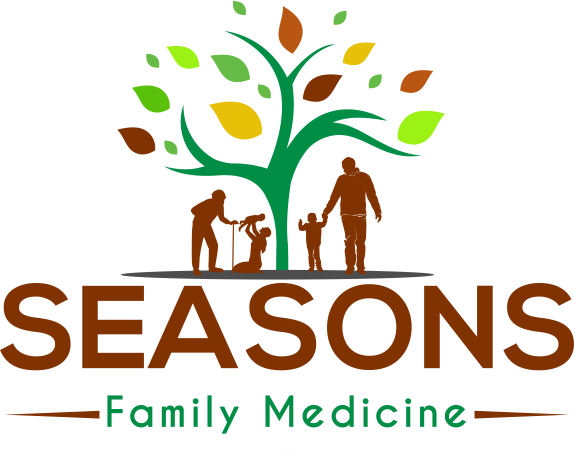Practice Philosophy
Access
Receiving the care you need when you need it
- Same day appointments available for established patients
- After hours availability via telephone or e-mail
- Virtual visits (online visits) for simple issues that do not require face to face visits (for established patients)
- Longer visits to ensure that you are heard – at least 20 minutes for an established patient and up to an hour for new patients
- Your time is respected and the bulk of your time in the office is spent with your doctor rather than in the waiting room or exam room. Though allowances may need to be made for rare emergencies, you will be seen when your appointment is actually scheduled, not minutes or hours later.
Continuity
Develop a relationship with your doctor over time
- The ONLY provider is a Board Certified Family Physician.
- With rare exception, when you call for off-hours emergencies, you will speak with your own doctor, not a faceless provider whom you’ve never met or a nurse answering service.
Coordination
Your family doctor coordinates any and all care you need
- Individuals who can identify one provider who coordinates their health care receive better care and experience more positive health outcomes, in comparison to those whose care is fragmented care between disconnected specialists.
- Your family doctor will be available for any questions related to care received elsewhere and will coordinate care with your other providers when necessary.
Comprehensive
Your family doctor takes care of the bulk of your healthcare needs
- Your entire family can come to one place for care – from newborns to geriatrics!
- Many office procedures can be conveniently done by your family doctor.
- Preventative care, including GYN care, is offered.
- Because of the availability of same day appointments, urgent care needs can be provided by the doctor who knows you.
- Superior quality of care with routine measurement of quality indicators.
A century ago, medicine looked nothing like it does today. The physician was considered to be wise and compassionate and would be accessible to his patients for treatment of the ailment or for comfort when treatment was not available. He was well respected in the community and had strong relationships with patients who were family and friends. Compared to today, there were relatively few treatments for illnesses and much of what the doctor had to offer was derived from an intimate knowledge and deep relationship of the patient and family.
As medical knowledge has exploded, doctors have become more specialized, and the medical model has become far more centered around diseases rather than the person. The specialists and sub-specialists treat only their specific areas of expertise and are often unaware of what is occurring in other systems treated by other specialists. Tests have become prolific and more refined; physicians have been taught to rely more on the tests than on the traditional information derived from talking to and examining patients. With the rise of insurance in our society, decisions for care are more and more directed by insurance company policies rather than through shared decisions between the doctor and the patient. All of these regulations, increased paperwork, and the associated expenses have astronomically increased the cost of providing medical care.
Because of this, the “business” of medicine has been industrialized and patients are moved through systems. Payment of services is based on a “fee for service” model that mandates that doctors/hospitals/etc. are paid based on how many patients they can see. Staff are hired to improve efficiency and to move patients through more quickly so that more patients can be seen in the same time period. This push for “efficiency” erodes the doctor-patient relationship and makes patients feel like no one is listening to them, like they are being shuffled through the machinery of the medical system like cattle. It is no more pleasant for the physician who almost certainly went into medicine with the goals of helping people and being intellectually stimulated (and with memories of their family doctors or of Norman Rockwell paintings in their heads), but instead feel like hamsters on a wheel – never fast enough to get off, wondering if it makes any difference to anyone but unable to slow down long enough to find out.
Over the last 10 years, a new practice model, known as the Ideal Medical Practice, has developed to address some of these issues. By using minimal staff and leveraging technology to streamline services and keep overhead low, more time can be spent with patients, restoring the centrality of the doctor/patient relationship without sacrificing the science of medicine. Although this is often referred to as an innovative practice model, in many ways it is a return of family medicine to its roots.
By using many of the concepts promoted in this model, Seasons Family Medicine will strive toward being patient centered with the core pillars of effective primary care.
